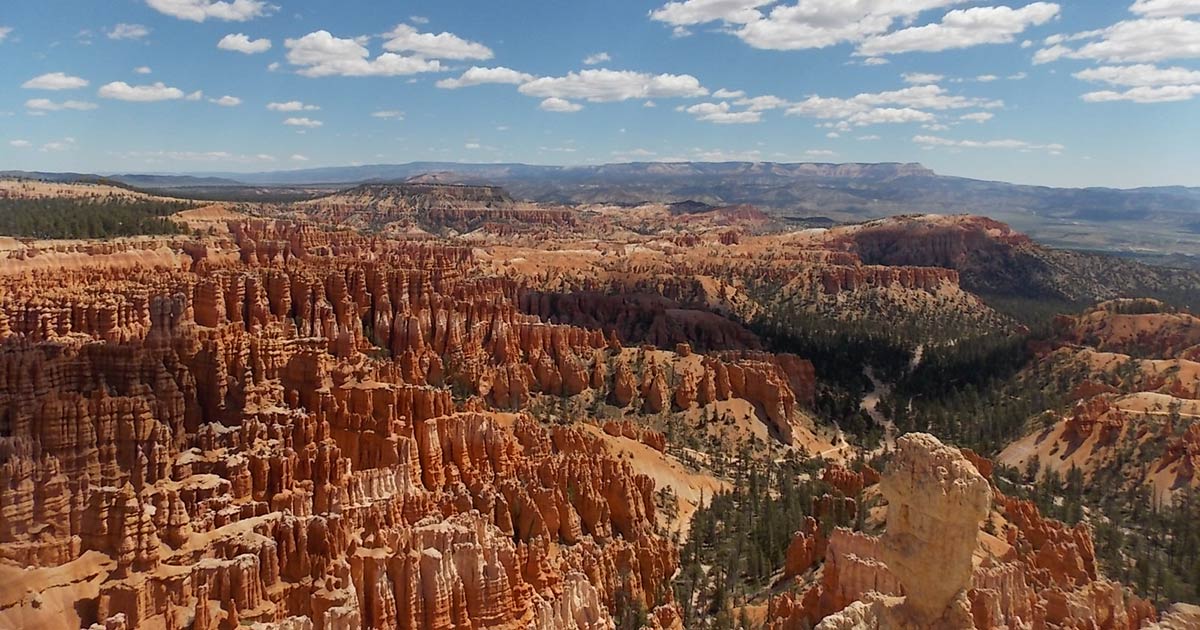REQUIRED CORE COURSES
Take the following courses:
GL-100A Environmental Geology
3 CreditsN
GL-204 History of Earth
4 CreditsN, WK-SPPre-req: FYC-101 or EN-110 or EN-109
GL-210 Minerals
4 CreditsN, WK-SPPre-req: FYC-101 or EN-110 or EN-109.
GL-240 Geological Field Methods I
4 CreditsN, CW, CTGISPrerequisite: GL100A. Note: A special course fee is assessed.
GL-300 Petrography
4 CreditsNPrerequisite: GL210.
GL-310 Structural Geology
4 CreditsNPrerequisite: GL-100A or GL-204 or GL-240
GL-389 Geology Professional Seminar
1 Credit
MA-130 Calculus I
4 CreditsN, QM
CH-142 Integrated Chemistry Principles I
3 CreditsNCorequisite CH143
CH-143 Integrated Chem Principles I Lab
1 CreditsN, QSCH142 is a corequisite of this course. A lab fee is associated with this course.
Take one of the following courses:
4 CreditsN,WK-SPPre-req: FYC-101 or EN-110 or EN-109. 4 CreditsN,WK-SPPre-Req or Co-Req: FYC-101 or EN-110 or EN-109.AS-160 Measuring the Universe
AS-260 Observational Astronomy
ADDITIONAL CORE
Complete one of the following options below:
OPTION 1:
GL-126 Environmental Geochemistry
3 CreditsN
OPTION 2:
CH-144 Integrated Chemistry Principles II
3 CreditsNPrerequisite: CH-142
CH-145 Integrated Chemistry Principles II Lab
1 CreditN, QSPrerequisite: CH-143. A lab fee is associated with this course.
REQUIRED EDUCATION COURSES
Take the following courses:
ED-110 Foundations of Education
3 CreditsS
ED-111 Foundations of Education Field Experience
1 CreditS
ED-130 Adolescent Development
3 CreditsSEnrollment priority in this course is given to Education POEs.
ED-240 Introduction to Students With Exceptionalities
3 CreditsSPrerequisites: ED-110 and ED-111 and either ED-120 or ED-130.
ED-314 English Language Learners
1 CreditSPrerequisite: ED120 or ED130.
ED-341 Adaptations for Students With Exceptionalities
4 CreditsCW, SPrerequisites: ED110, ED111 and ED240.
ED-419 Pre-Student Teaching Field Experience
1 CreditSCo-Requisite: ED-420.
ED-420 General Secondary Methods & Ethics in Education
3 CreditsS, SW-ERPre- or co-requisite: FYC-101.Corequisite: ED-419.
ED-423 Secondary Education Field Trip
1 CreditS
CAPSTONE
Take the following courses:
ED-450 Student Teaching
14 CreditsS,SW-LE
ED-451 Student Teaching Seminar
1 CreditSCorequisite: ED450.
**ED 450 & 451 (Student Teaching and Seminar) may be taken only in the FALL semester of the senior year. Secondary Foreign Language Education majors take ED 450 & 451 in the SPRING semester. ED 450 requires students' full-time participation and no other courses may be taken during this semester without the education advisors' approval. Students must have reliable transportation.
POE Credit Total = 76-78
Students must complete at least 18 credits at the 300/400-level. Any course exception must be approved by the advisor and/or department chair.
*There are field experiences in these courses. Students should take only one of these courses per semester. Allow a two-hour block of time for scheduled field experience twice a week.
NOTE: It is imperative that students work closely with their advisors to meet all current certification requirements. All students are required to take six credits of English composition (or equivalent) and literature (or the equivalent) and two college level mathematics courses (or the equivalent) prior to being admitted to a certification program. See Section I of the Education Department Student Handbook for explanation of all certification requirements.
 skip to content
skip to content




